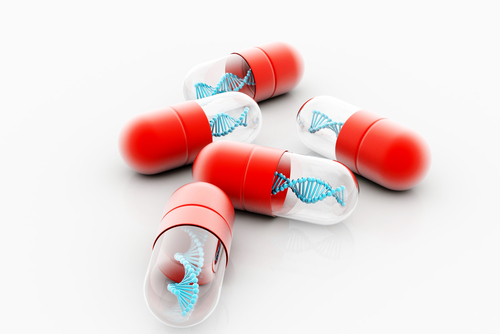MeiraGTx Acquires Rights to AAV-AQP1 Gene Therapy for Sjögren’s Syndrome

MeiraGTx recently acquired global rights over an investigational gene therapy called AAV-AQP1 being developed to treat the excessive dry mouth and eyes experienced by patients with Sjögren’s syndrome.
The announcement comes after an exclusive licensing agreement with the National Institute of Dental and Craniofacial Research (NIDCR), an arm of the National Institutes of Health (NIH), which has been collaborating with MeiraGTx on preclinical work for the treatment candidate.
The company is now planning to launch a Phase 1/2 clinical trial to evaluate AAV-AQP1 in Sjögren’s syndrome patients with chronic dry mouth. The trial is expected by 2019.
“With as many as 4 million Americans living with Sjögren’s syndrome, it is one of the most common autoimmune diseases, yet there are few therapeutic options,” Alexandria Forbes, PhD, president and CEO of MeiraGTx, said in a press release. “Sjogren’s syndrome can be debilitating for patients and significantly impact their quality of life.
“New treatment options for this disorder are urgently needed and we are very excited to continue working closely with the NIH on AAV-AQP1.”
AAV-AQP1 is a therapy that uses harmless viral particles to deliver the aquaporin-1 gene, which is important for regulating fluid movement in tissues. These proteins appear to be decreased in Sjögren’s patients, which may explain the lower salivary flow and dry mouth symptoms.
In mice, treatment with AAV-AQP1, given into the salivary glands, increased water permeability and restored fluid movement in both the salivary and tear glands, which relieved the dry eye and mouth symptoms associated with the condition.
Additional analysis also showed that restoring aquaporin activity significantly reduced the levels of pro-inflammatory molecules associated with Sjögren’s syndrome.
“Targeted increase of gland permeability not only resulted in the restoration of secretory gland function but also resolved the hallmark salivary gland inflammation and systemic inflammation associated with disease,” the researchers wrote.
This is not the first time that MeiraGTx and the NIDCR have joined efforts for the development of this therapeutic approach.
They are also working together on an ongoing Phase 1 dose escalation trial (NCT02446249) of AAV-AQP1 in patients with moderate to severe dry mouth caused by radiation treatments for head and neck cancers. The causes of dry mouth in these patients also seem to be related to a loss of aquaporin proteins in the salivary glands.






